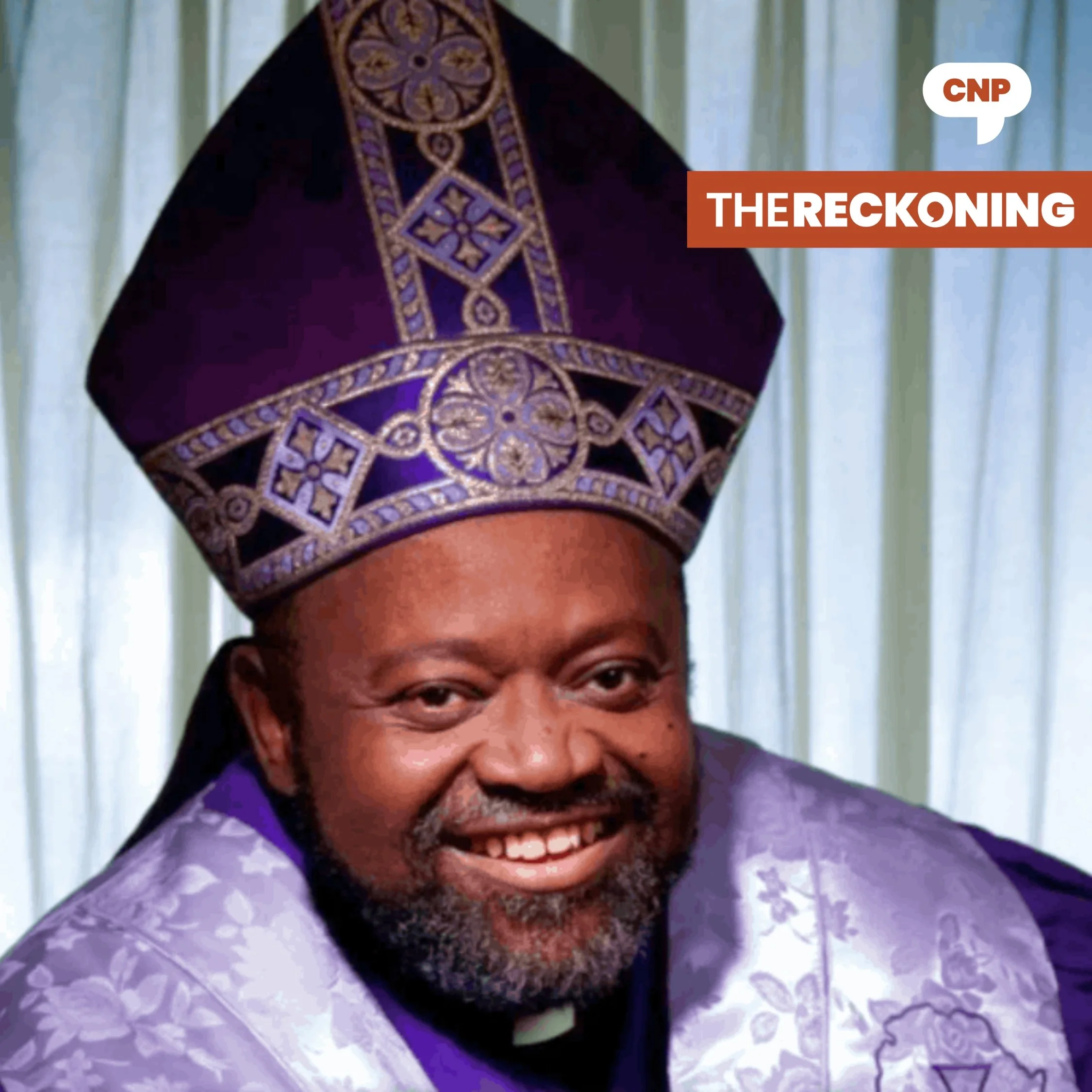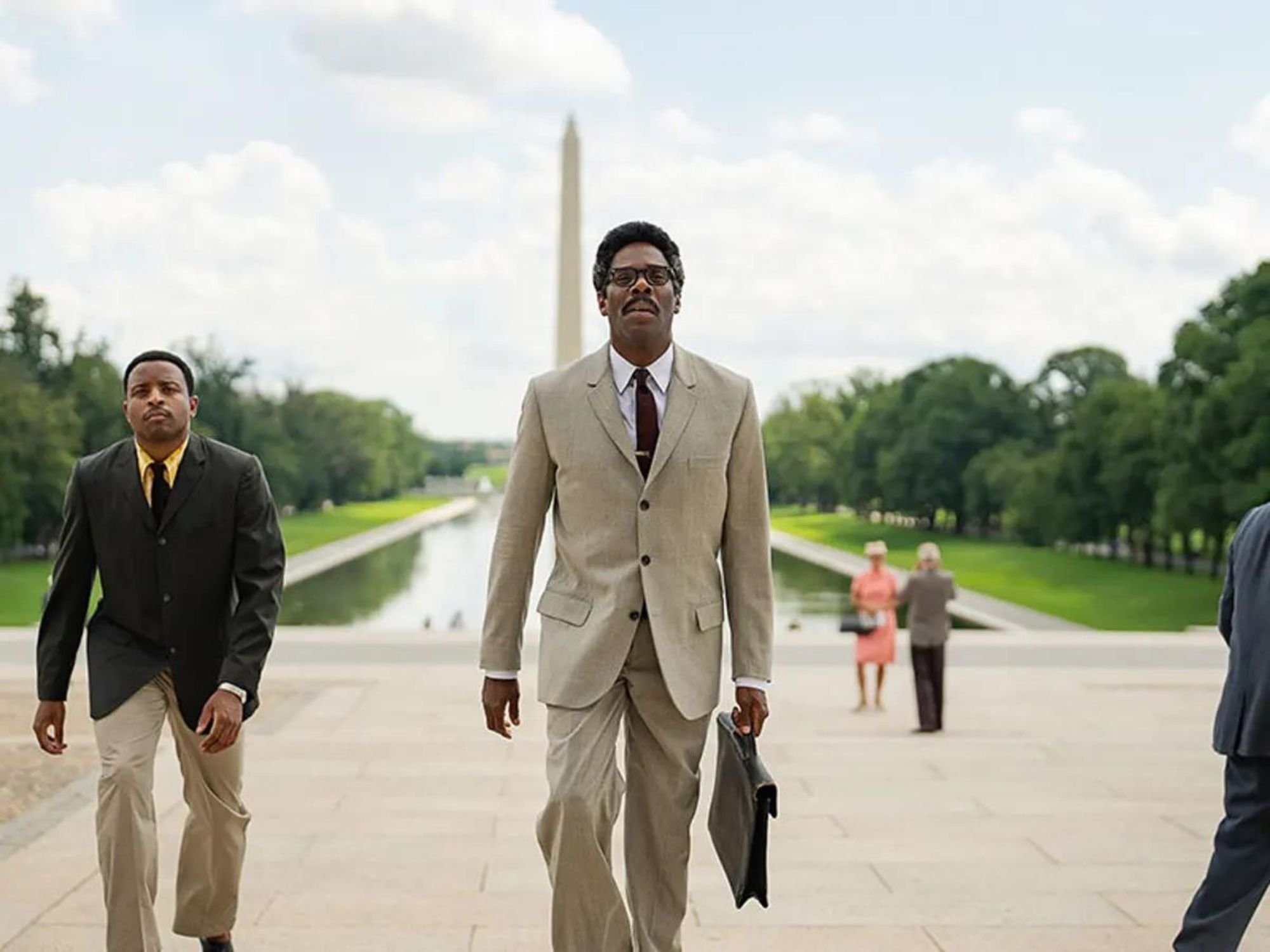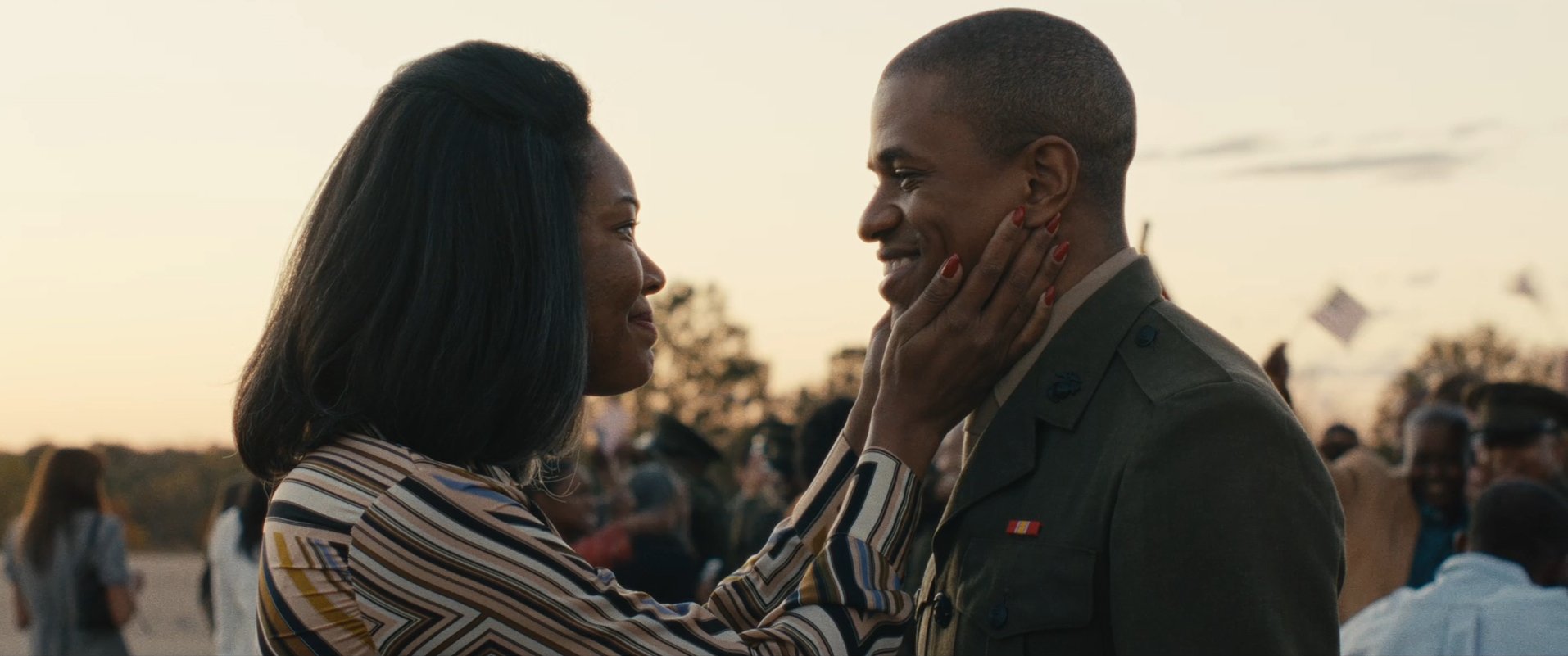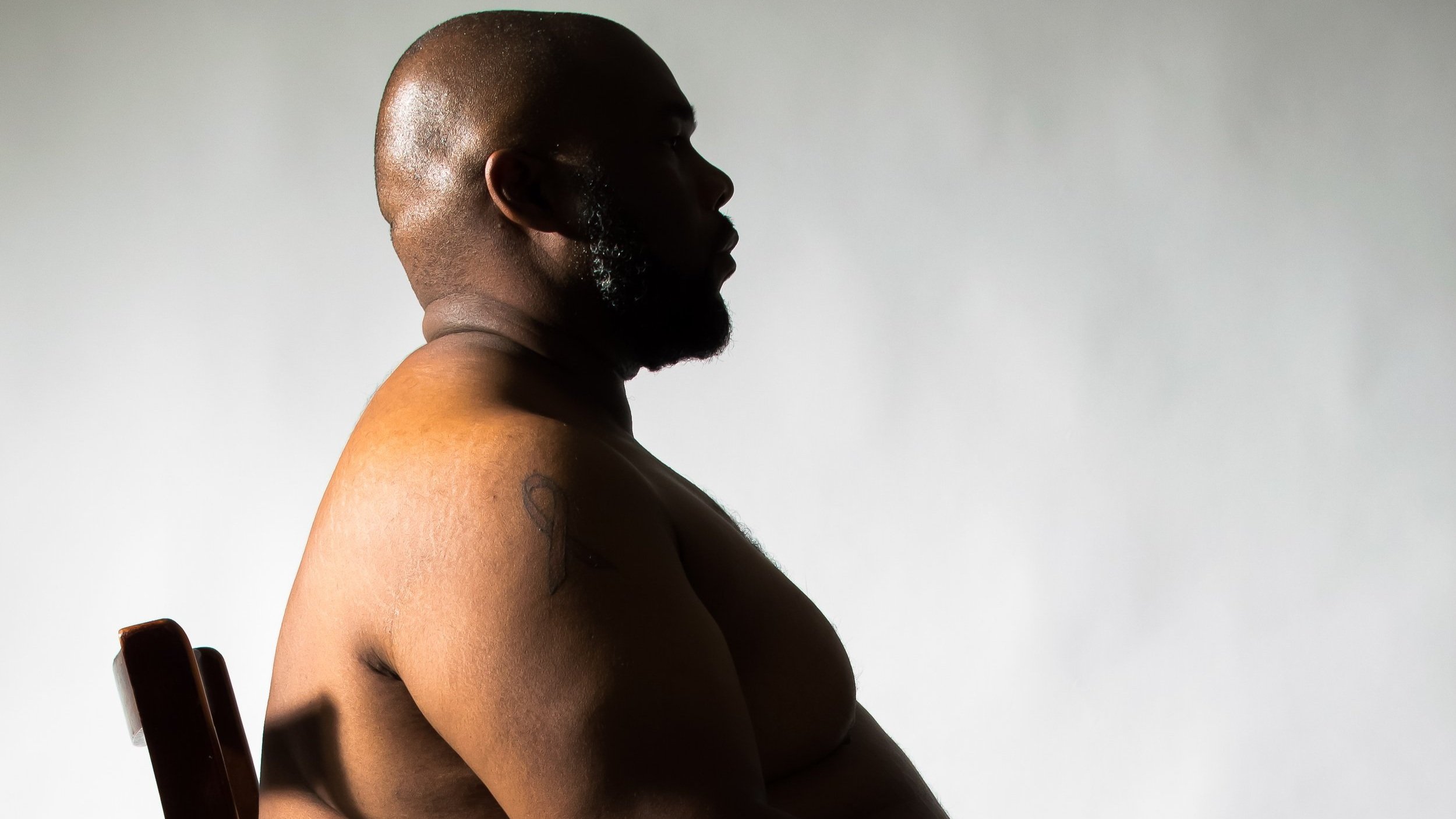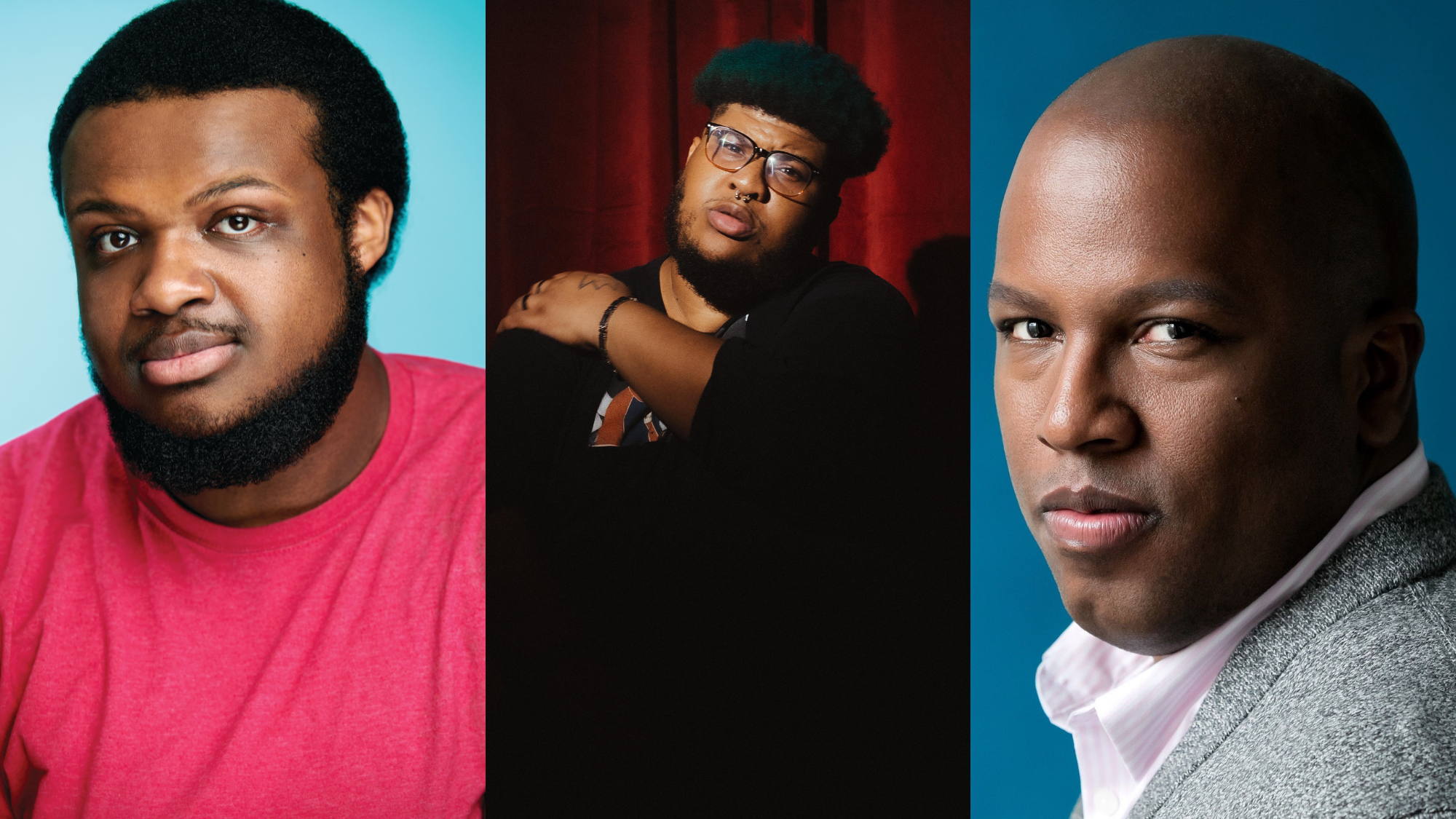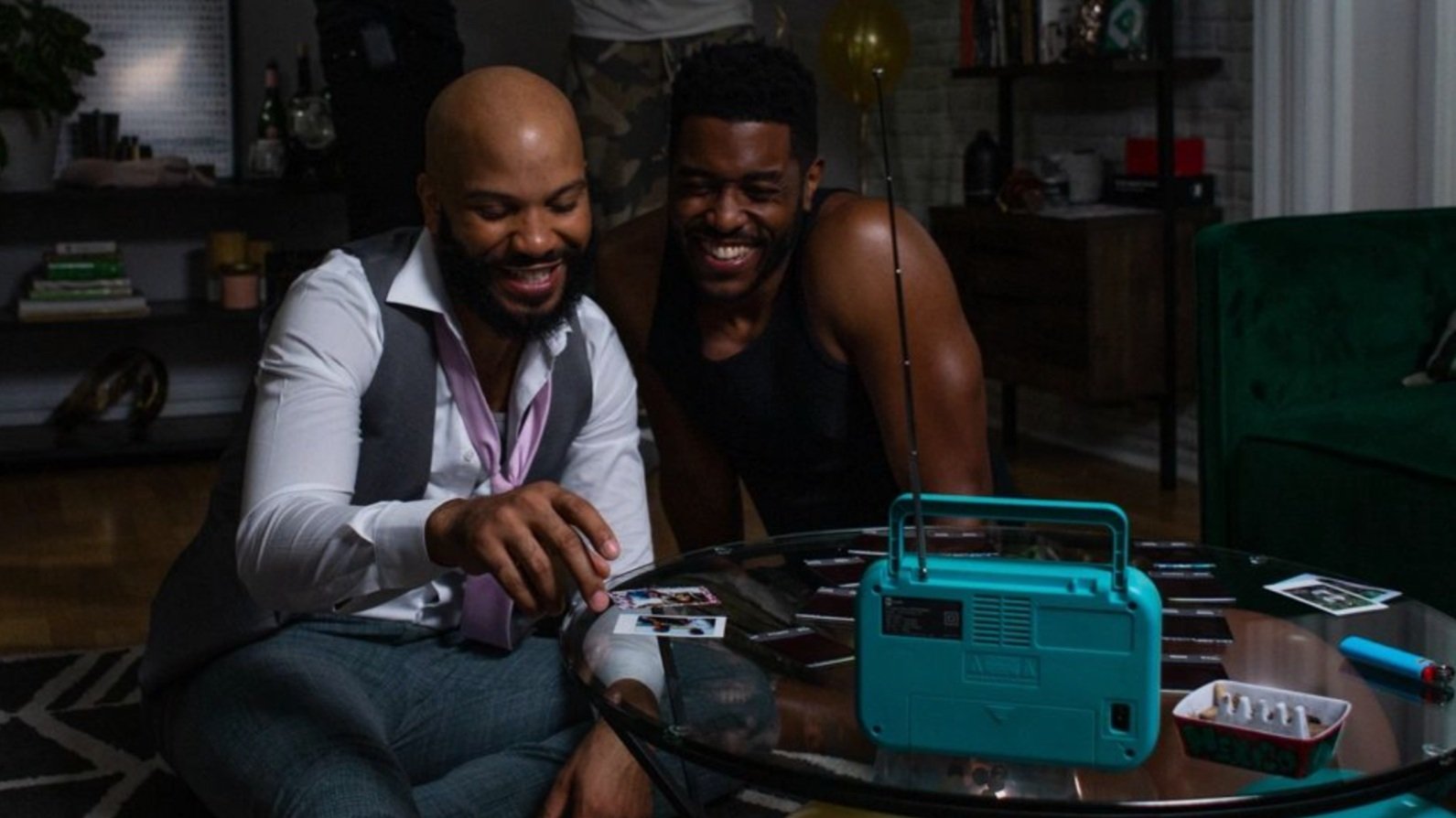'Demascus': The Revolution Will Be…on Tubi?!
Tubi’s “Demascus” upends TV norms, blending sci-fi, comedy, and therapy to deeply explore Black masculinity and vulnerability. Writer, Josha Alston, argues that the show is a fresh, essential vision for Black storytelling, revealing how real revolution comes when platforms dare to center authentic voices and complex emotional journeys.


